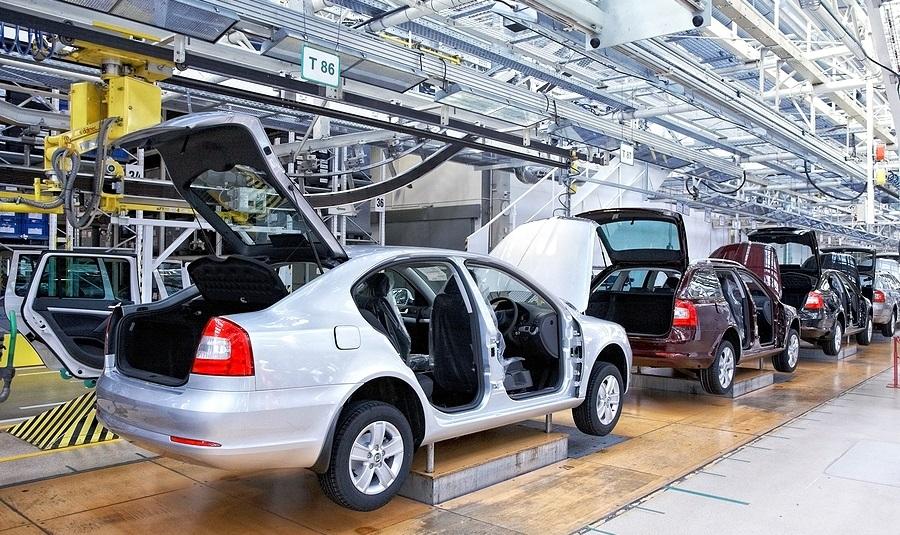Analysis

July 14, 2015
UAW Seek Middle Class Wages for Autoworkers
Written by Sandy Williams
Contract talks opened July 13 between the United Auto Workers union and the big three Detroit automakers. As GM, Ford, and Fiat Chrysler enter negotiations, at issue for the companies is labor costs.
GM and Ford are looking to cut labor cost that average $8 to $9 per hour higher than at Honda and Toyota. Fiat Chrysler would like to at least keep theirs from rising and remain stable.
The union is asking for pay raises including bumping up entry level pay to move newer workers into the middle class. Entry-level workers make $19.28 per hour while longtime workers are getting $29—a gap that must be bridged said UAW President Dennis Williams.
“Some of them are not part of the middle class like they should be,” said Williams referring to lower paid workers.
The union agreed to a two-tier wages to help with costs cuts in 2007, basically freezing hourly wages at 2005 rates.
“These negotiations will not be easy. But they are no more difficult than those we’ve had in the past,” said Williams. “We have a membership that has, because of the economy, had stagnant wages, and we plan to address that. We all plan to bridge that gap.”
The union is also asking for guarantees of job security as more automotive manufacturing jobs are moved to Mexico to take advantage of lower labor rates and the country’s free trade deals. Ford announced last week it will move production of the Ford Focus and C-Max to Mexico by 2018 and end production at the Wayne Assembly plant.
Health care is expected to be another issue hotly contended. UAW workers have enjoyed first-class health care benefits and increased deductions or higher premium payments are likely to be met with hostility by workers.
The current four-year labor agreements with GM, Ford, and Fiat Chrysler expire on Sept. 14 at midnight. This will be the first year since 2007 that the union has the right to strike although union officials will try to avoid it.
“To me a strike is failure,” Williams said. “I am not afraid of confrontation, but I don’t want one and our members don’t want one.”
Avoiding a strike would be good news for the steel industry. A prolonged strike could affect steel production and sale volumes during the industry’s own labor negotiations and during a time when mills are struggling to get pricing and sales back to normal.
“We must continue working as a team to put the customer first, protect the long-term health of the company, bolster shareholder value and strengthen job security,” said GM CEO Mary Barra. “The global competition is intense, but if we continue to collaborate, there are opportunities for growth that will benefit our employees and the business.”







